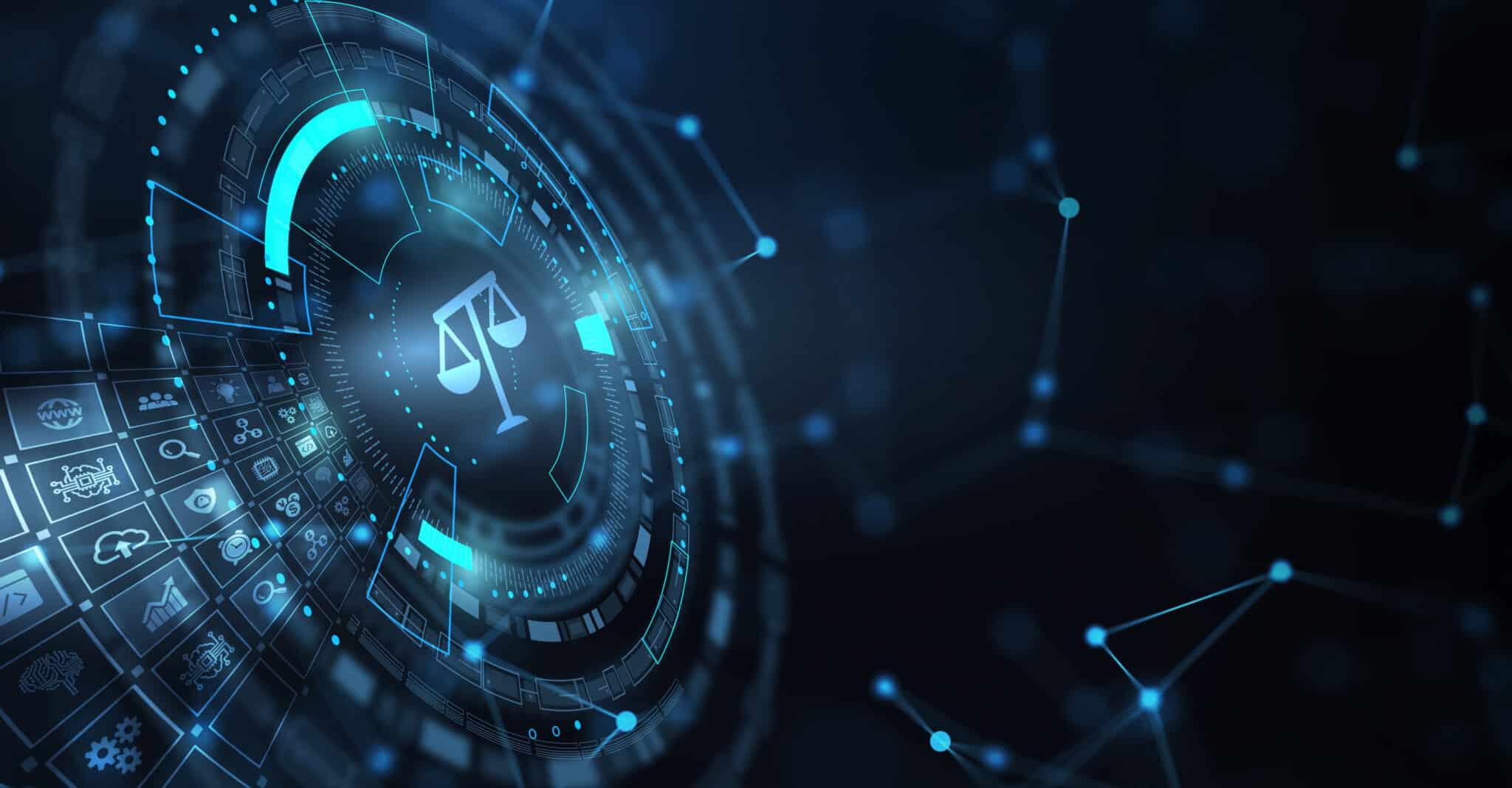As the SaaS industry grows, more technology companies are relying on software lawyers to protect their intellectual property. They may hire these attorneys in-house or retain a law firm that offers SaaS legal services.
This article will explore the role of a software lawyer, including the types of legal services they offer and their potential work environments.
What is a Software Lawyer?
A software lawyer generally helps technology clients protect intellectual property, develop and maintain partnerships, and ensure compliance with various regulations.
Experienced SaaS lawyers —also known as technology lawyers—are well versed in many facets of technology law, including:
Intellectual property law including patent law, copyright law, trademark law, unfair competition, and rights of privacy and publicity
Contracts and agreements
Data privacy laws and regulations
Intellectual Property Law
A SaaS company’s value lies in its software. SaaS lawyers, and often entire IP law firms, protect the organization’s intellectual property to enable profitability and ward off competitors. This may include:
Filing, maintaining, and protecting patents, trademarks, and copyrights
Enforcing the company’s rights against competitors
Defending the company from claims of unfair competition and/or misappropriation of private information or public persona
Advising the company about its intellectual property rights and how to avoid infringing upon the rights of competitors
Contracts and Agreements
One of a software attorney's most important duties is drafting and reviewing contracts and agreements. For example, if a software company wants to work with a new client, their lawyer can draft a SaaS agreement outlining the terms of the relationship. This establishes each party’s responsibilities, protects the software company from liability, and helps to reduce risk and prevent disputes.
A SaaS agreement may cover the following elements.
Scope of services
Payment processing
Renewals and auto-renewals
Termination
Dispute resolution
Liability
Data privacy and protection
If a SaaS company wants to license out their product, their SaaS lawyer can also draft a licensing agreement. A software lawyer also often helps clients negotiate deals with third-party vendors regarding security, data infrastructure, uptime, and support.
Data Privacy Laws and Regulations
SaaS companies conduct business on cloud storage and manage a lot of client data. A software attorney must understand the laws and regulations around data storage and ownership, software modifications, and client notifications for data breaches. This applies to all the states and countries where their company does business.

Tech Lawyer Average Salary
As of 2025, technology lawyers in the United States earn an average annual salary of approximately $115,193, with a typical range between $97,002 and $133,595, depending on factors such as experience, location, and firm size.
How Do I Get Into SaaS Law?
The most straightforward path to a career in technology law is to earn a STEM degree followed by a J.D. degree. This provides the technical foundation that lawyers need to understand their employer or client’s products and services and to provide appropriate legal advice and counseling.
What if I Have a Non-STEM Degree?
If you already have an undergraduate degree but haven’t yet attended law school, consider attending a tech-savvy law school. Scour class lists for any coursework involving legal technology. You can also network with school alumni to gain valuable insights into the technology-related career paths available to law school graduates.
You may also want to take advantage of tools like the Law School Innovation Index, which measures “the extent to which each of the 200+ U.S. law schools prepares students to deliver legal services in the 21st century.”
What if I’m a Practicing Attorney?
If you’re already practicing law and want to pivot into SaaS legal services, get involved with technology at your current company or firm.
Try to take on matters involving technology companies or intellectual property
Opt to lead your firm’s legal technology committee.
Study STEM material on nights and weekends. This may include data privacy and protection regulations or the latest cybersecurity best practices.
Skills Needed to Be a SaaS Lawyer
SaaS lawyers combine legal knowledge with a solid understanding of technology and digital business models. Key skills include:
Software licensing expertise: Understanding open-source, proprietary, and subscription-based licensing.
Contract drafting and negotiation: Especially for EULAs, SLAs, privacy policies, and vendor agreements.
Data privacy and security compliance: Knowledge of regulations like GDPR, CCPA, and HIPAA.
Intellectual property law: Protecting code, branding, and proprietary platforms.
Tech industry awareness: Understanding SaaS business models, cloud infrastructure, and emerging technologies.
Risk management: Advising on liability, regulatory compliance, and dispute resolution.
These skills help SaaS lawyers provide strategic legal guidance tailored to the fast-evolving software landscape.
Where Do Tech Lawyers Work?
1. Big Tech Companies
Most of us are familiar with Big Tech companies in Silicon Valley, New York, Austin, and similar major metropolitan areas. These technology powerhouses frequently need SaaS legal services, although the job opportunities can be highly competitive.
2. Smaller Technology Companies
There are also plenty of opportunities outside of Big Tech. Startups and small- and mid-sized technology companies also need legal counsel to help protect intellectual property.
3. Businesses Outside of Tech
Companies in industries ranging from finance to manufacturing are migrating to cloud computing, adopting cloud-based security solutions, and developing technology-related intellectual property. These non-SaaS companies also may need expertise from a SaaS lawyer.
4. Law Firms
Many technology lawyers work at firms that service technology clients and those with tech needs. Law firms that specialize in technology law can help their clients by creating, negotiating, and amending contracts, as well as protecting their intellectual property rights.
Legal SaaS Tools Used by Tech Lawyers
Unsurprisingly, software and technology lawyers rely on their own legal SaaS solutions to manage day-to-day operations, improve efficiency, boost productivity, and simplify billing. For example, MyCase legal practice management software includes:
Billing and payments technology that streamlines the entire invoicing and payments process, so you can get paid faster and more efficiently.
Calendaring software that combines appointments, meetings, and events into one calendar so you can manage deadlines across your entire firm.
Time-tracking software that tracks time as you work on cases for greater profitability and more accurate billing.
Document management that allows you to store, sign, edit, and share case documents in a centralized cloud database.
Workflow automation that automates your busy work and gives you back more billable time.
Experience the difference for yourself—try MyCase free for 10 days.
About the author

Morgan MartinezSenior Content Manager
Morgan Martinez is a Senior Content Manager for leading legal software companies, including MyCase, Docketwise, and CASEpeer, as well as LawPay, the #1 legal payment processor. She specializes in writing about the latest advancements in legal technology, financial wellness for law firms, key industry trends, and more.
